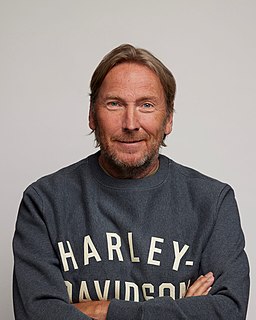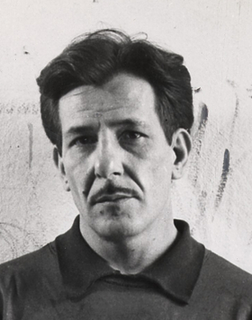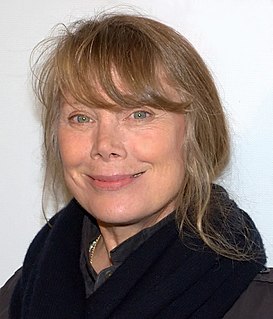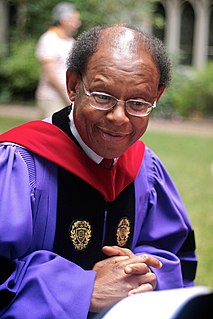A Quote by Emily Giffin
Life's not black-and-white. Sometimes the ends justifies the means.
Related Quotes
You think the end justifies the means, however vile. I tell you: the end is the means by which you achieve it. Today's step is tomorrow's life. Great ends cannot be attained by base means. You've proved that in all your social upheavals. The meanness and inhumanity of the means make you mean and inhuman and make the end unattainable.
The prejudice many photographers have against colour photography comes from not thinking of colour as form. You can say things with colour that can't be said in black and white... Those who say that colour will eventually replace black and white are talking nonsense. The two do not compete with each other. They are different means to different ends.
The old way of doing 'good business' was based on the principle, 'the ends justifies the means.' In the future, good business will invoke 'the means justifying the ends.' The E P&L can already serve as an important tool to help this shift in commerce from generating profits with collateral damages to profits with collateral benefits.
In Crash, you've got a pathological cop who at the end justifies police brutality. He tells the naïve, young cop that you're going to end up the same as him. He's the most sympathetic character in the movie. So, the naïve cop ends up murdering this Black kid and tries to cover up the evidence. It sort of justifies police brutality and the planting of evidence which is what happened in the O.J. Simpson case.


































